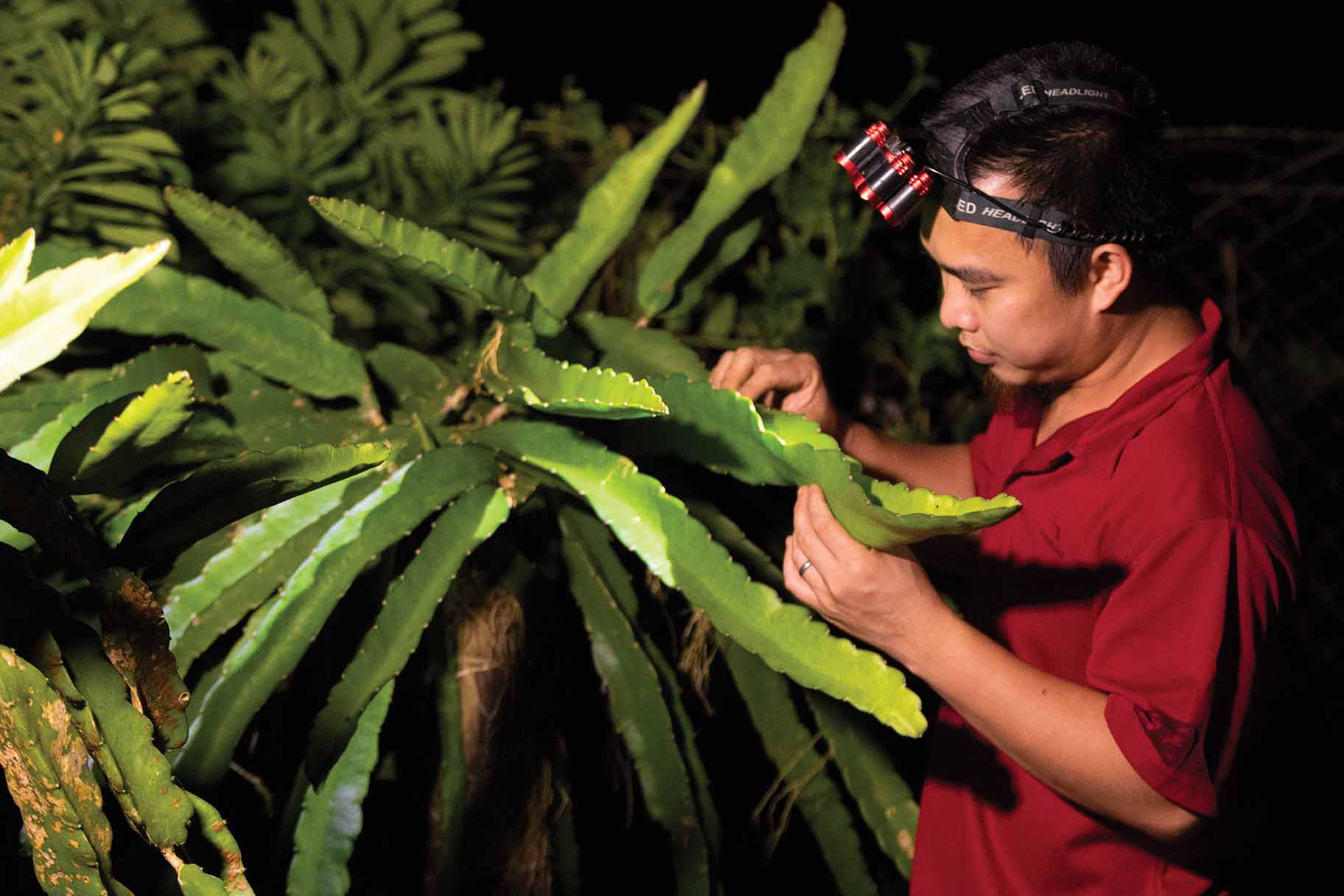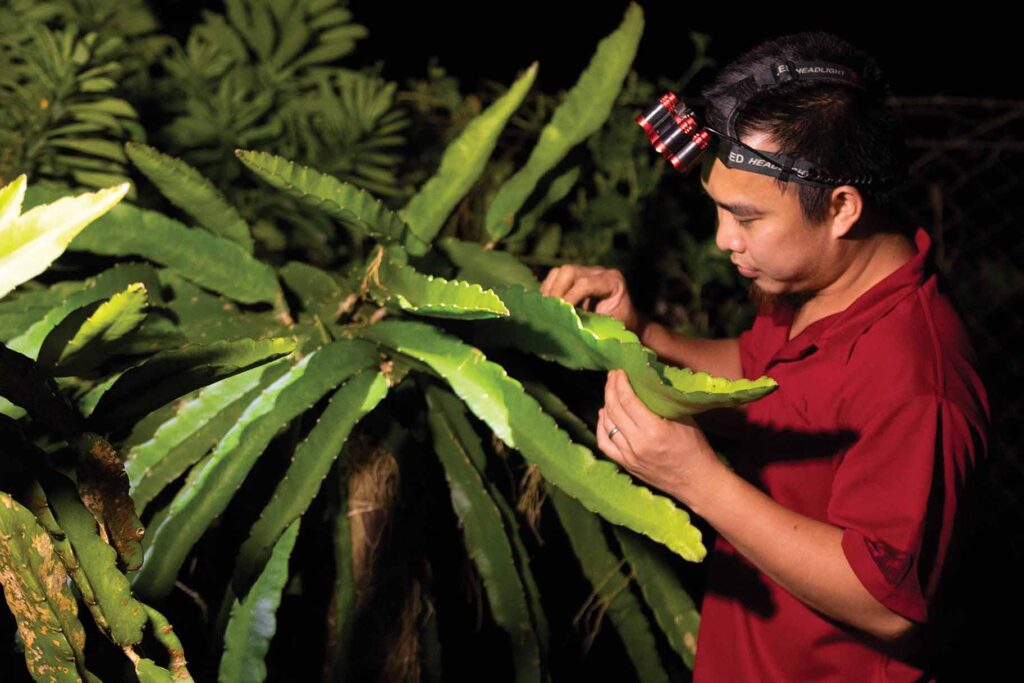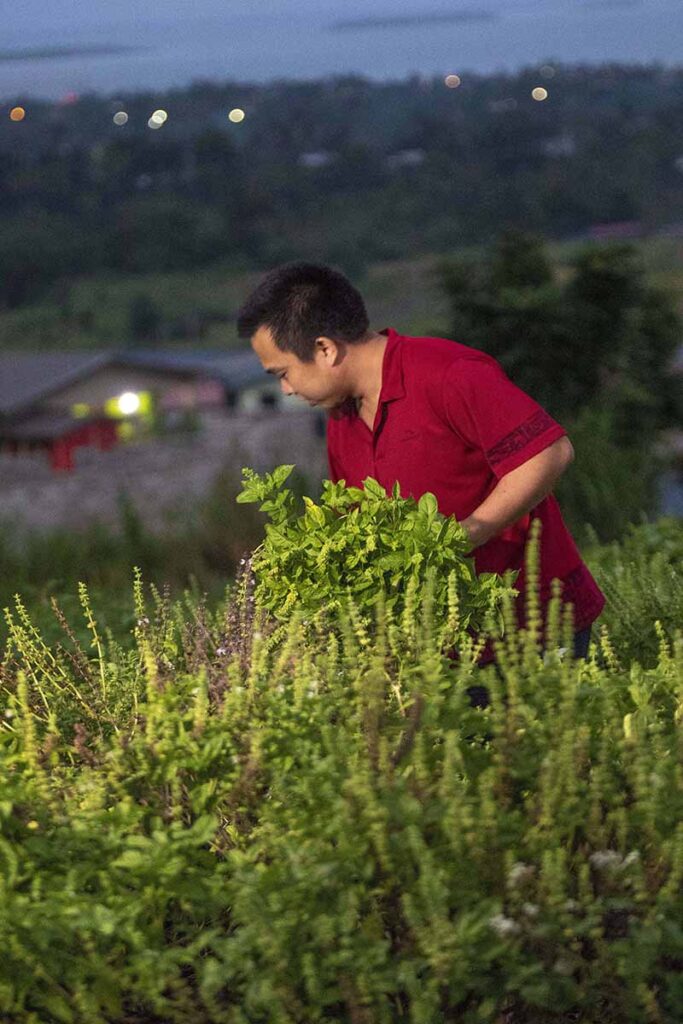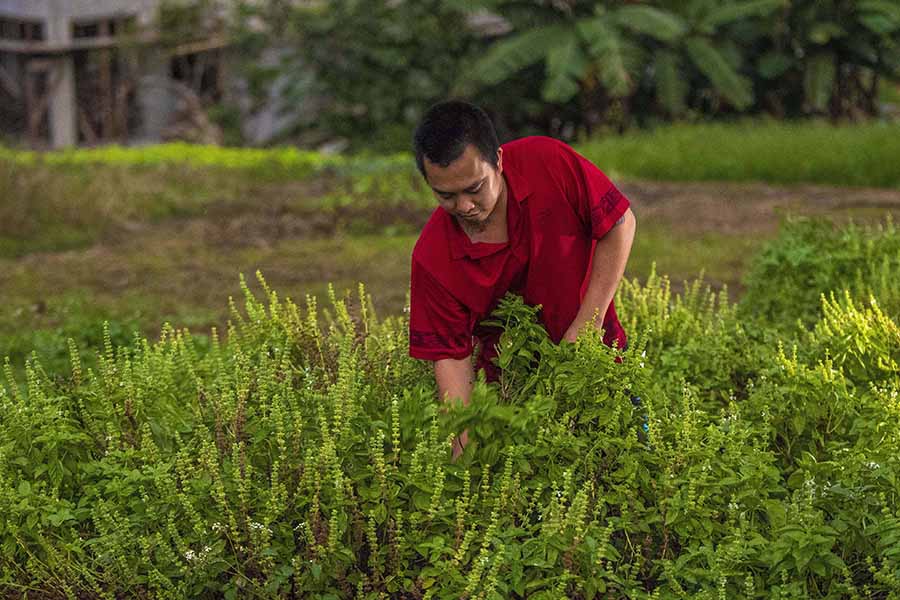In a country where many children have fled the lands their parents tilled in search of more ritzy jobs in the city, William Lee stands out.
That’s not to say that he did not take a shot at city life. Lee was attracted to the bright lights and the promise of white collar work.
After high school and university, he even scored a job with a technology company.
But the child of third generation farmers could not ignore the pull of the land nor abandon the responsibility of being the eldest child in a family surviving on agriculture.
Importantly, as more and more people are beginning to find out – on the land, you can be your own boss and shape your own future.
“Initially, I wanted to do something in the medical field or in scientific research but I thought I would rather work for myself, that’s why I decided to come back and become a farmer,” said Lee.
Thinking back to his own upbringing on a farm in Waidracia, Naitasiri, the opportunity to continue the family legacy and raise it to another level inspired William.
So with the business acumen he acquired from his desk job, and his geoscience qualification from university, William decided to create a new path in the family business.
First, he took a year-long trip to the United States visiting family and friends who were using more innovative farming techniques.
“The ‘green gold’ tag applies in agriculture because you can get paid as much as you put in. But if you work hard and work smart with innovation, the returns can be even higher,” William explained.
“My father and I use basically the same approaches to farming but my Dad is more of an old school farmer while my style is a mixture of his but with more innovation, research, data and cultural methods put together to make it work.”
And it does work!
He said available technology and data along with trends in food use means that young people are ideally suited for farming.
Imbued with the passion for networking that young people have, he uses social media to find products which match with what’s trending as well as who is trendy.
One example is the practice of “organic farming” and steering clear of the use of chemicals which while good for producing high yields, is not popular with younger, discerning consumer.
William relies on expert technical advice to ensure he has the right equipment as well as the healthier and organic pest control products to keep ahead of competitors.
“Fortunately for me, Vinod Patel & Company’s chain of stores stock a wide range of equipment and the organic products I use for cultivation. They’ve become my one-stop-shop for sourcing everything I need.”
Many products conceptualized, nurtured and brought to market using this modern approach to agriculture have proved successful for the young farmer.
Two particular examples, micro greens and dragon fruit are a source of pride for the family.
In 2016 when he began supplying micro greens, there were hardly any other suppliers of the product.
“It took me a while to do research and a lot of data entry, reading books and watching videos online until I got it right. We started selling it to hotels and then we decided to release it to the public to test their interest and the momentum started from there,” William explains.
The dragon fruit (Hylocereus) is a kind of cactus normally farmed in Southeast Asia, Florida, the Caribbean and Australia, although it is native to South America.
Relatively new to Fiji, the fruit was featured in a joint development project of the Fijian government and Taiwan ROC to commercialize dragon fruit farming.
William learnt online how to grow the fruit and was selling it successfully until thieves stole the plants from where they grew on his farm. A dragon fruit can fetch $5 – $10.
William is excited about seeing more young people trend back towards farming.
“If they can invest their will power and faith to it they can make it work, but they have to innovate and think like an entrepreneur.”
William is active on social media, introducing his new products and also keeping in touch with potential customers and business partners.
“We have to make agriculture attractive for young people and that means having more markets and processing facilities that farmers can take their goods to; where they can sell to factories,” he said.
“It is not easy, but neither is it that hard, if you commit to it you will eventually realise and understand how things work.”
Originally published in Fiji Plus Magazine.













